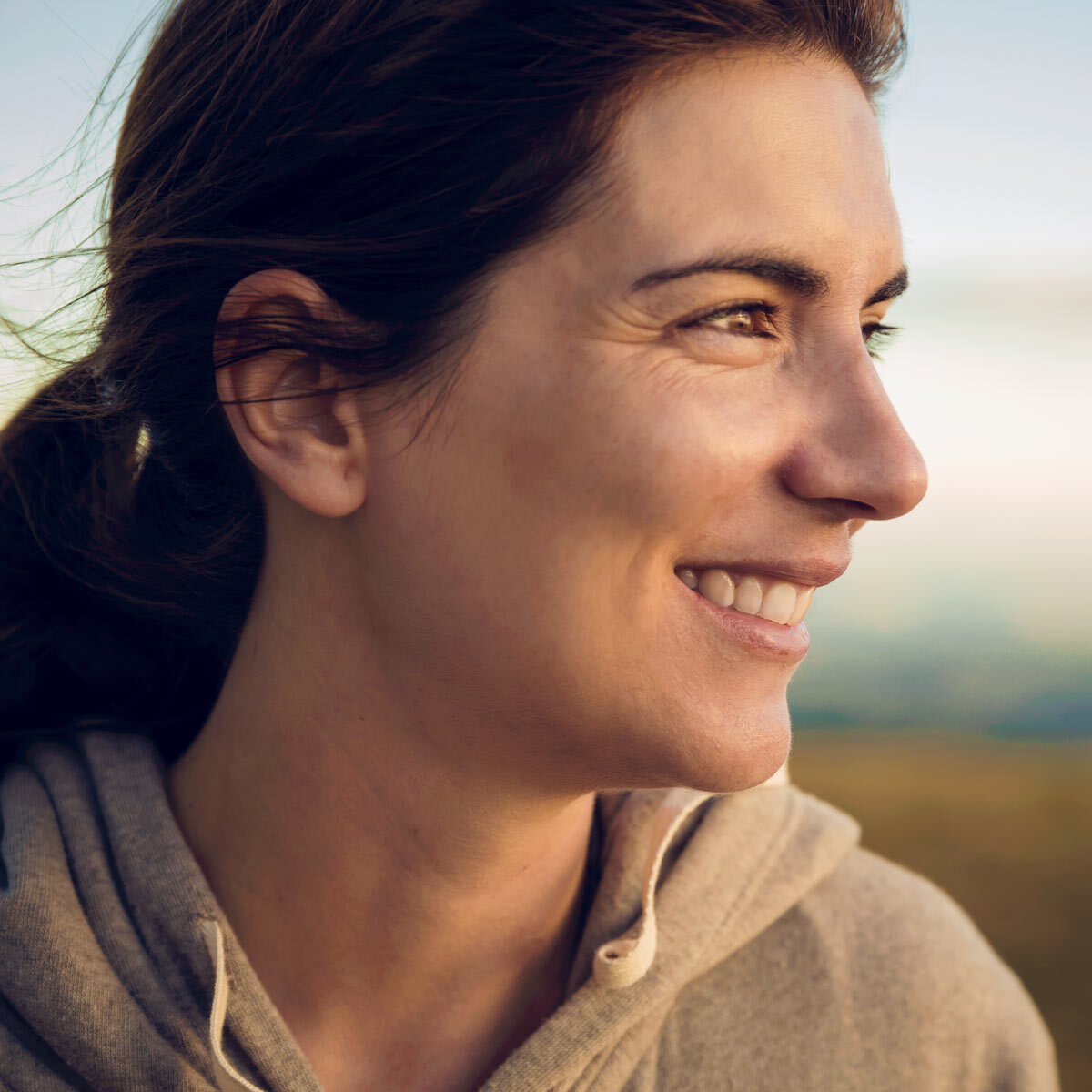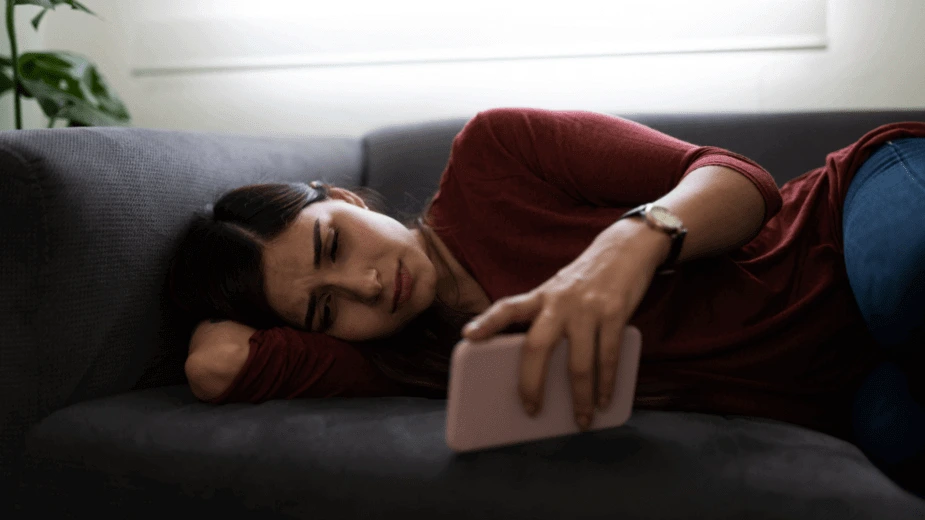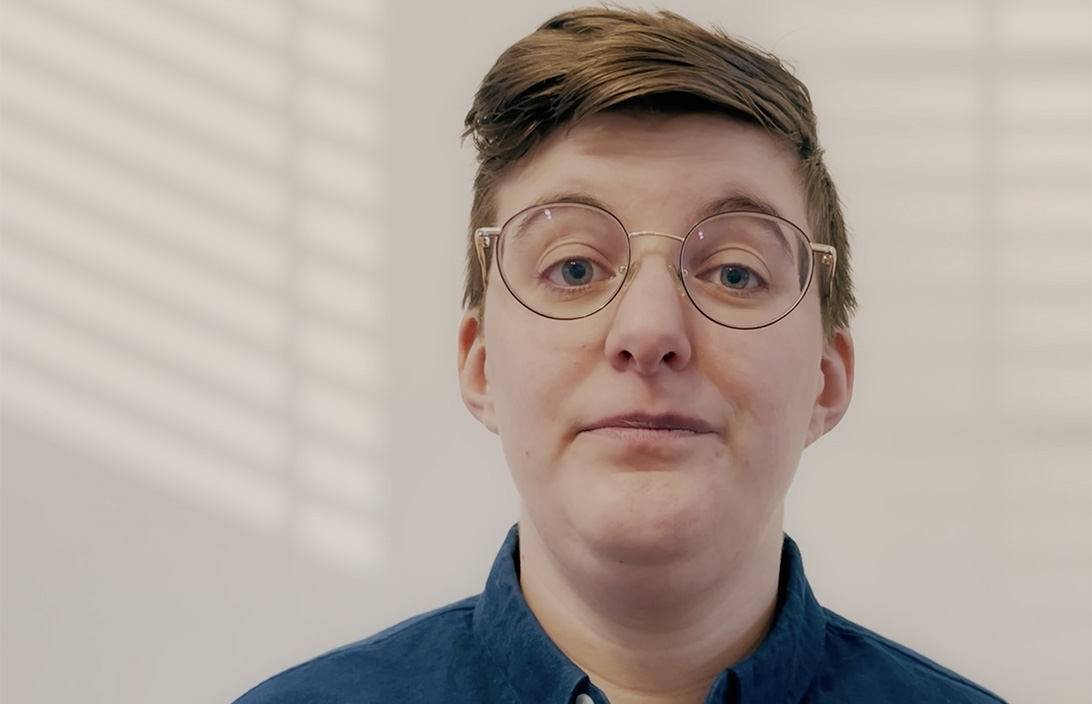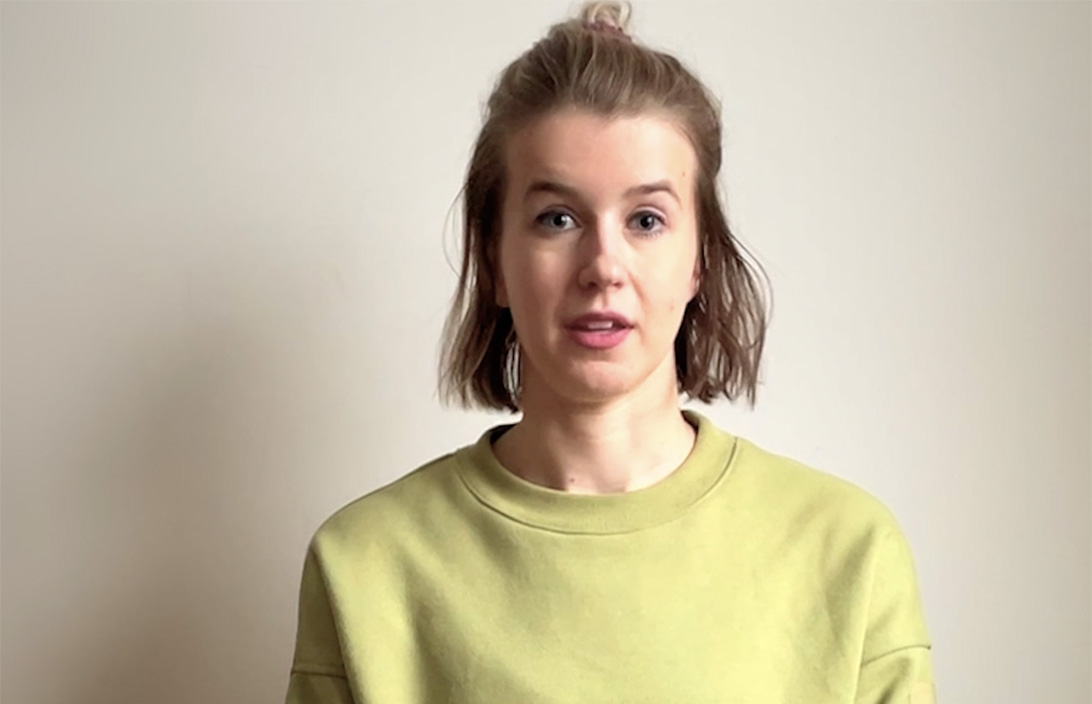
advancing
OCD Research
OCD is a mental health disorder that affects 1 in 100 people and occurs when a person gets caught in a cycle of obsessions and compulsions.
Obsessions are unwanted, intrusive thoughts, images or urges that trigger intensely distressing feelings. Compulsions are behaviors an individual engages in to attempt to get rid of the obsessions and/or decrease his or her distress.
We are currently recruiting participants for a clinical trial studying an investigational drug that targets glutamate, a chemical in the brain that is believed to contribute to OCD.
Why Participate?
Before a medication can be approved for treatment, it needs to be tested in a clinical study to evaluate the safety and efficacy of the drug.
Clinical trials take place in medical centers around the world, and involve volunteers helping doctors to look at new ways to treat conditions.
Clinical trials represent the latest research about your condition, and can offer new treatment options.
If I didn’t have to fight intrusive thoughts about harm, would I be closer to my family? If I didn’t obsess over things being “just right,” how much more would I accomplish?



